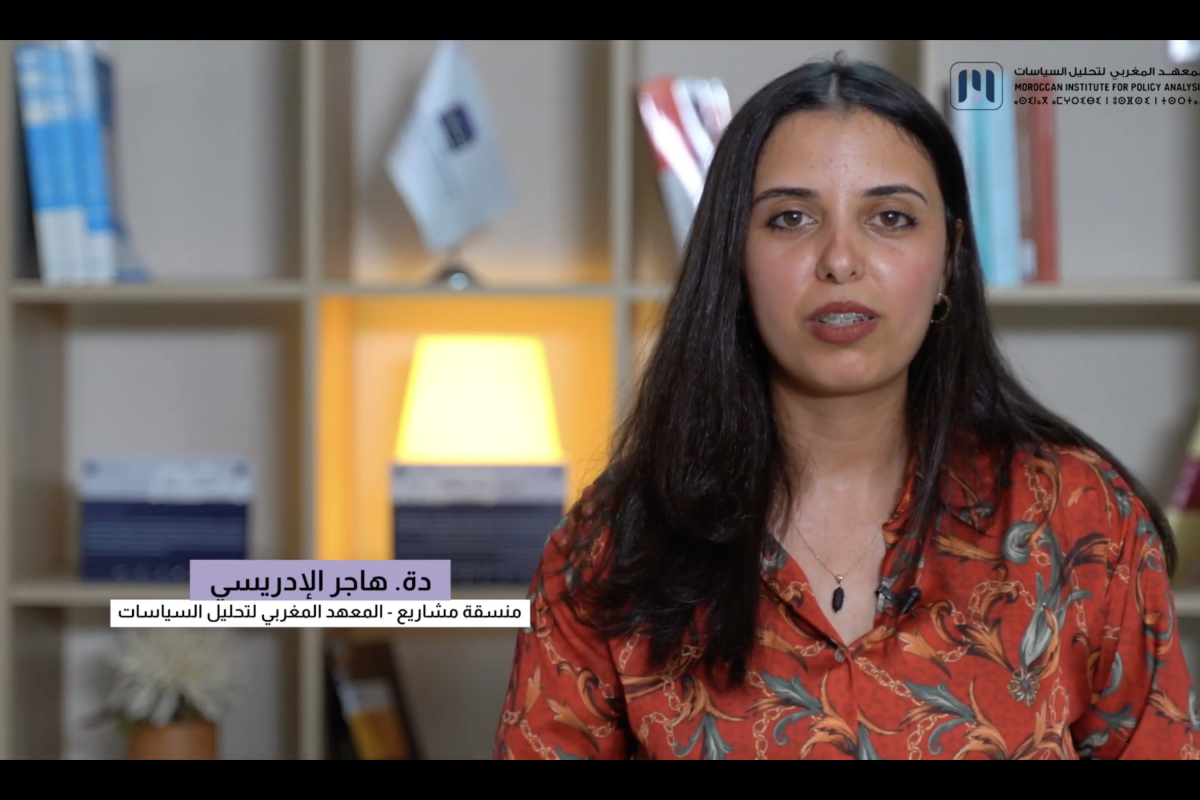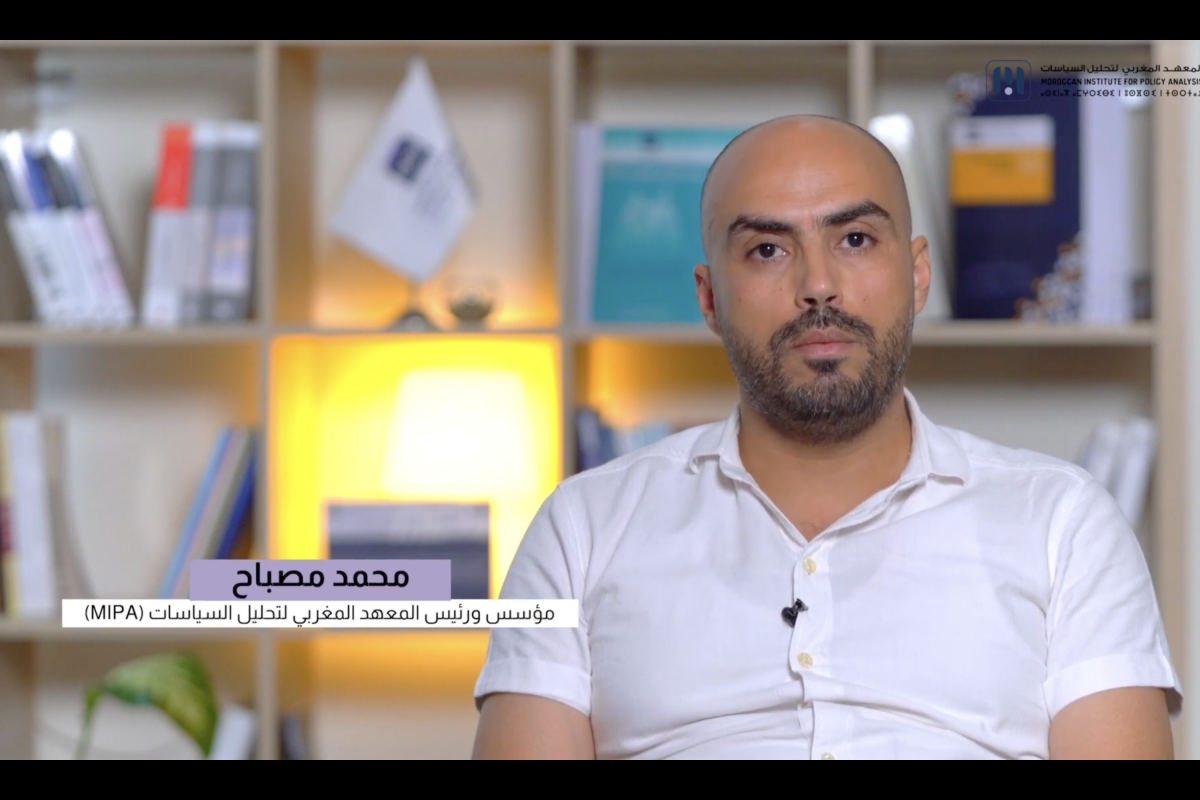The health crisis that swept the world in 2020 affected people’s lives in all aspects, including the relationship of citizens to their social and political institutions. While most studies have focused on the economic and health effects of the Covid-19 crisis, little attention has been granted to its social and political effects and its impact on the citizen’s relationship with other citizens and with the state. “
Within this context, the Moroccan Institute for Policy Analysis believes in the importance of studying and understanding citizens’ attitudes and perceptions concerning trust in various institutions. Understanding the relationship between citizens and their political institutions helps to produce policies that enhance the level of citizens’ trust towards their institutions and, as a result, contribute to strengthening institutions.
This brief report attempts to shed light on the various aspects of social trust in Morocco in the years 2020-2021. It represents the results of a research effort that took nearly two years in a row, where the research team worked to provide a systematic analysis of social and political trust and trust in the education and health sectors during the Covid-19 period, through a mixture of quantitative and qualitative research methods.
Social trust is mainly related to trust relationships between individuals within society, which is an essential component of social cohesion. Therefore, the Trust Index 2020 and 2021 address the various aspects of social trust in Morocco. For the second year in a row, the results of the index confirm that the nuclear family comes at the top of the most trusted social institutions among Moroccans, followed by the extended family. The levels of trust weaken as kinship ties between individuals fade.
This fact indicates, among other data, a tendency towards replacing blood ties with various contractual ties, whether through the institution of marriage, or other professional institutions, associations and others. Each family member is building their personal life, and is moving away from the extended family, preferring to take care of their personal interests at the expense of the family’s interests.
You will find more in the report prepared by the Institute’s team.
MIPA Institute
MIPA is a non-profit independent research institution based in Rabat, Morocco. Founded by a group of transdisciplinary researchers, MIPA’s mission is to produce systematic and in-depth analysis of relevant policy issues that lead to new and innovative ideas for solving some of the most pressing issues relating to democracy.

